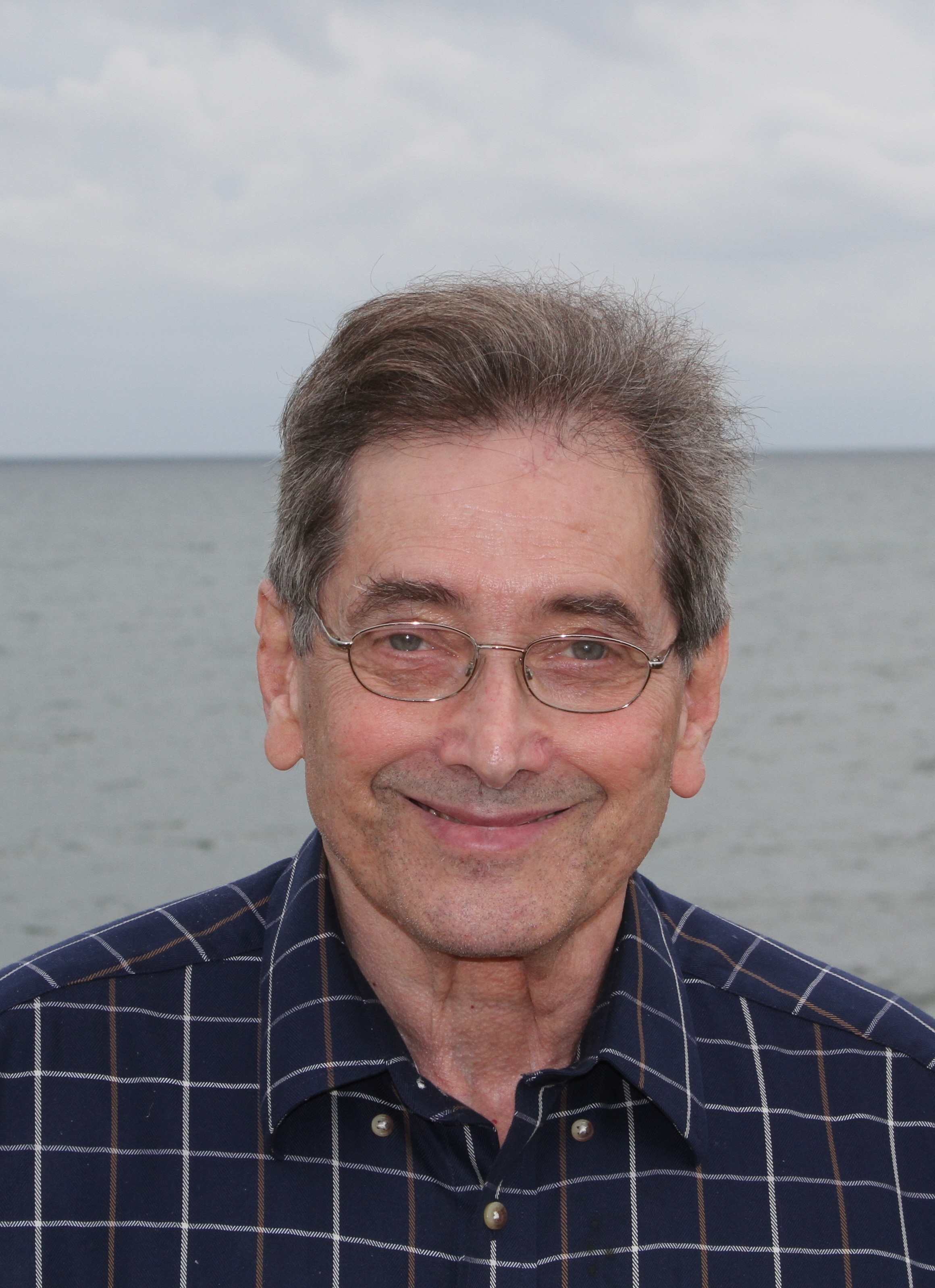Profile

Stephen Grossberg is Wang Professor of Cognitive and Neural Systems; Director of the Center for Adaptive Systems; and Emeritus Professor of Mathematics and Statistics, Psychological and Brain Sciences, and Biomedical Engineering at Boston University. He is a principal founder and current research leader of the fields of computational neuroscience, theoretical psychology and cognitive science, and biologically-inspired engineering, technology, and AI. In 1957-1958, Grossberg introduced the paradigm of using systems of nonlinear differential equations to describe neural network models that link brain mechanisms to mental functions, including widely used equations for short-term memory (STM), or neuronal activation; medium-term memory (MTM), or activity-dependent habituation; and long-term memory (LTM), or neuronal learning and memory. Grossberg’s work focuses upon explaining how individuals, algorithms, or machines adapt autonomously in real-time to unexpected environmental challenges. These discoveries together provide a blueprint for developing the revolutionary computational paradigm of autonomous adaptive intelligence. His work discovers and develops models of vision and visual cognition; object, scene, and event learning and recognition; audition, speech, and language learning and recognition; brain development; cognitive information processing; reinforcement learning, motivation, and cognitive-emotional interactions; consciousness; learning to navigate using vision and path integration; social cognition and imitation learning; sensory-motor learning, control, and planning; brain dysfunctions that cause behavioral symptoms of mental disorders; mathematical analyses of neural networks; and large-scale applications of these discoveries to engineering, technology, and AI. Grossberg founded key infrastructure of the field of neural networks, including the International Neural Network Society and the journal Neural Networks, and has served on editorial boards of 30 journals. His lecture series at MIT Lincoln Lab led to the national DARPA Study of Neural Networks. He is a fellow of AERA, APA, APS, IEEE, INNS, MDRS, and SEP, has published 17 books or journal special issues, over 570 research articles, and has 7 patents. He was most recently awarded the 2015 Norman Anderson Lifetime Achievement Award of the Society of Experimental Psychologists (SEP), the 2017 Frank Rosenblatt computational neuroscience award of the Institute for Electrical and Electronics Engineers (IEEE), the 2019 Donald O. Hebb award of the International Neural Network Society (INNS), the 2022 PROSE book award in Neuroscience of the Association of American Publishers for his 2021 Magnum Opus: Conscious Mind, Resonant Brain: How Each Brain Makes a Mind, and the 2022 Lofti A. Zadeh Pioneer Award from the IEEE.